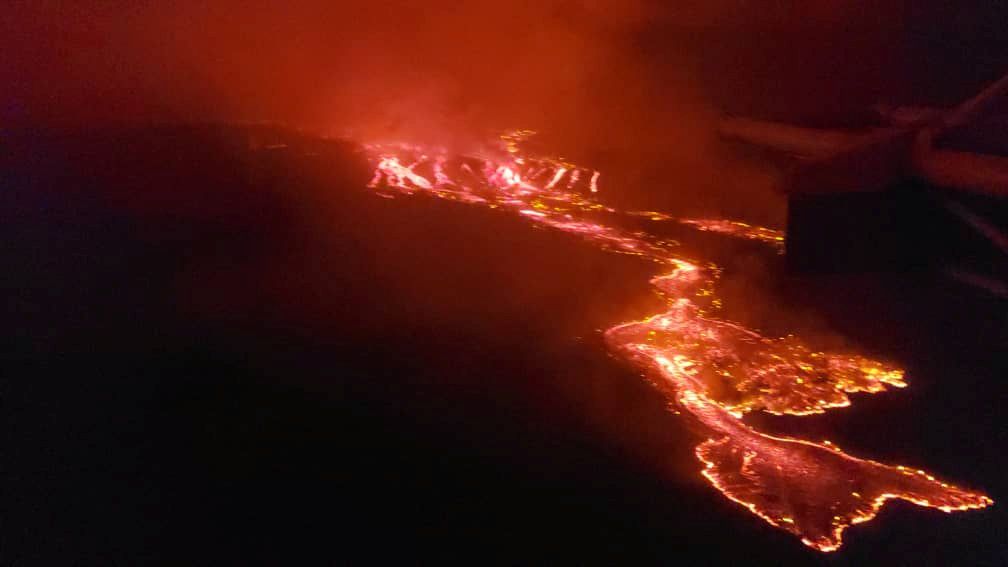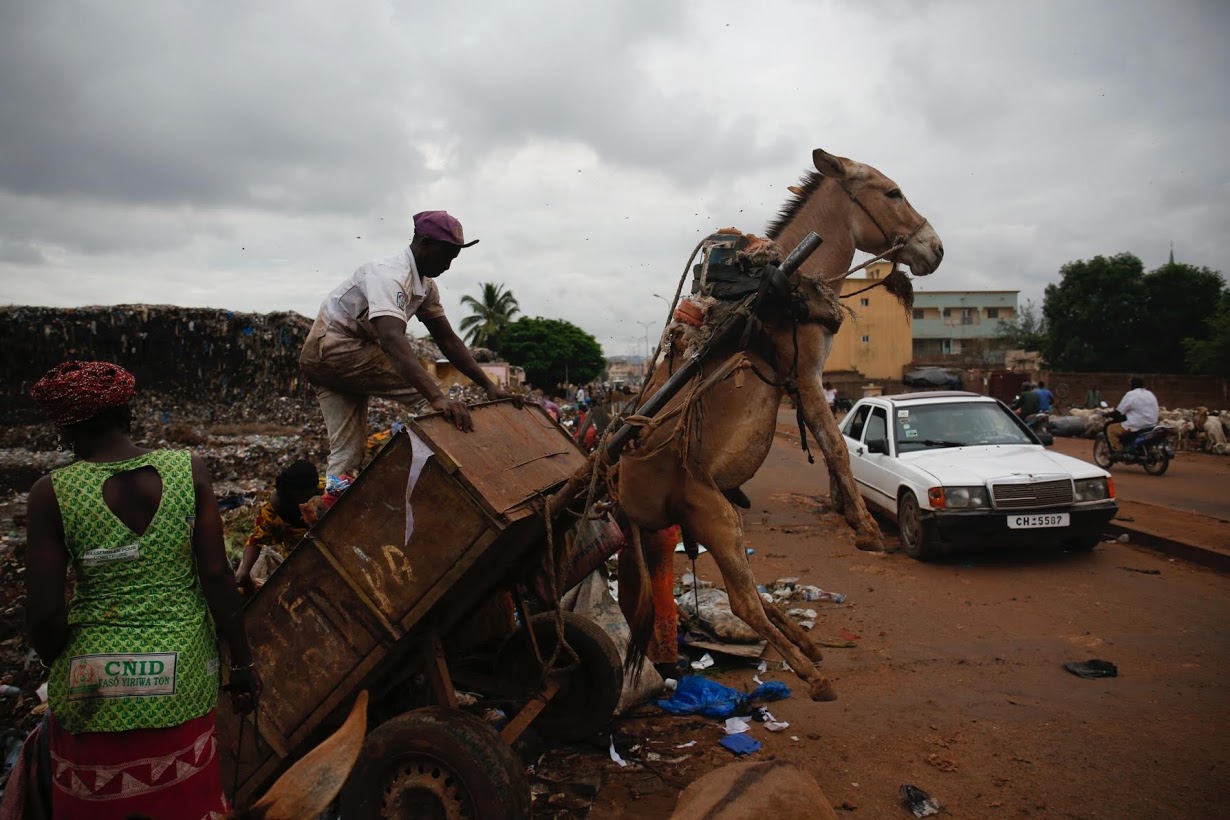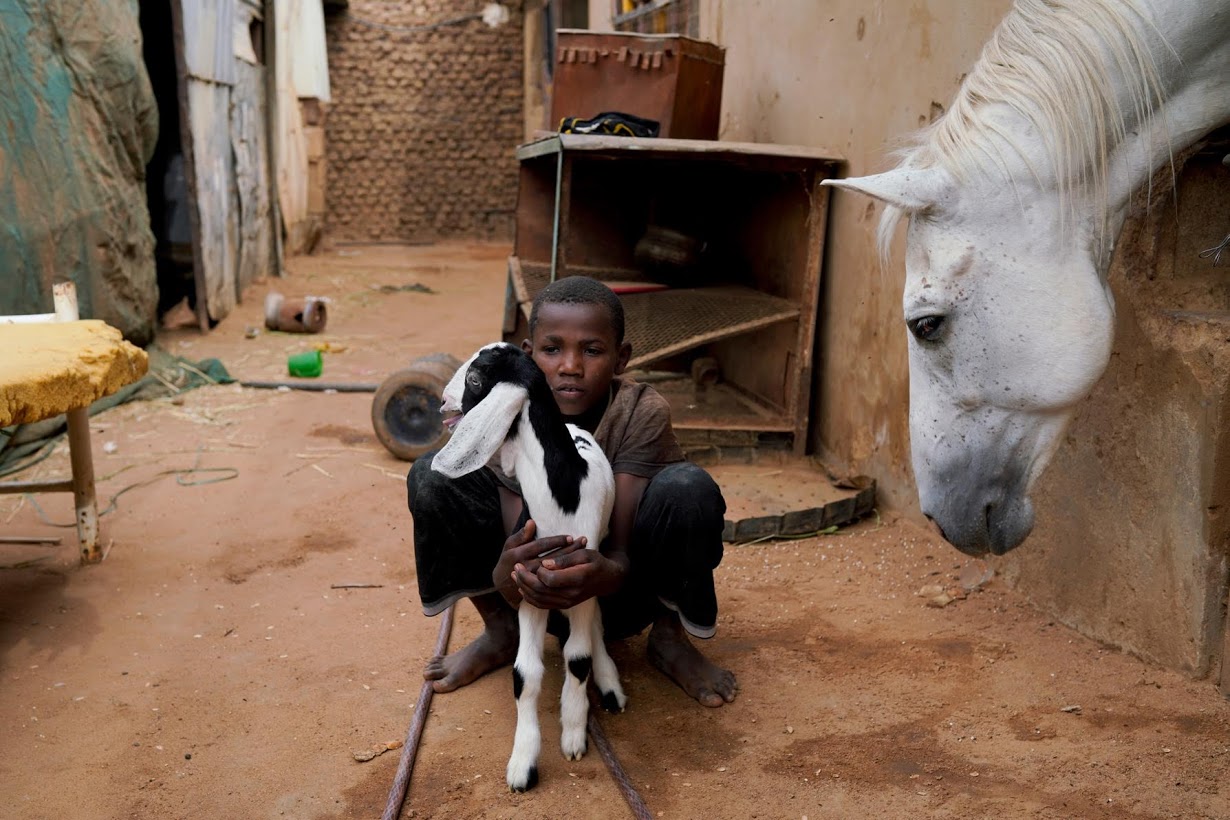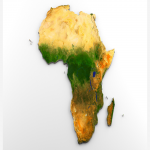About 340 healers have been registered since Zanzibar, a region of the east African country of Tanzania, passed the Traditional and Alternative Medicine Act in 2009.
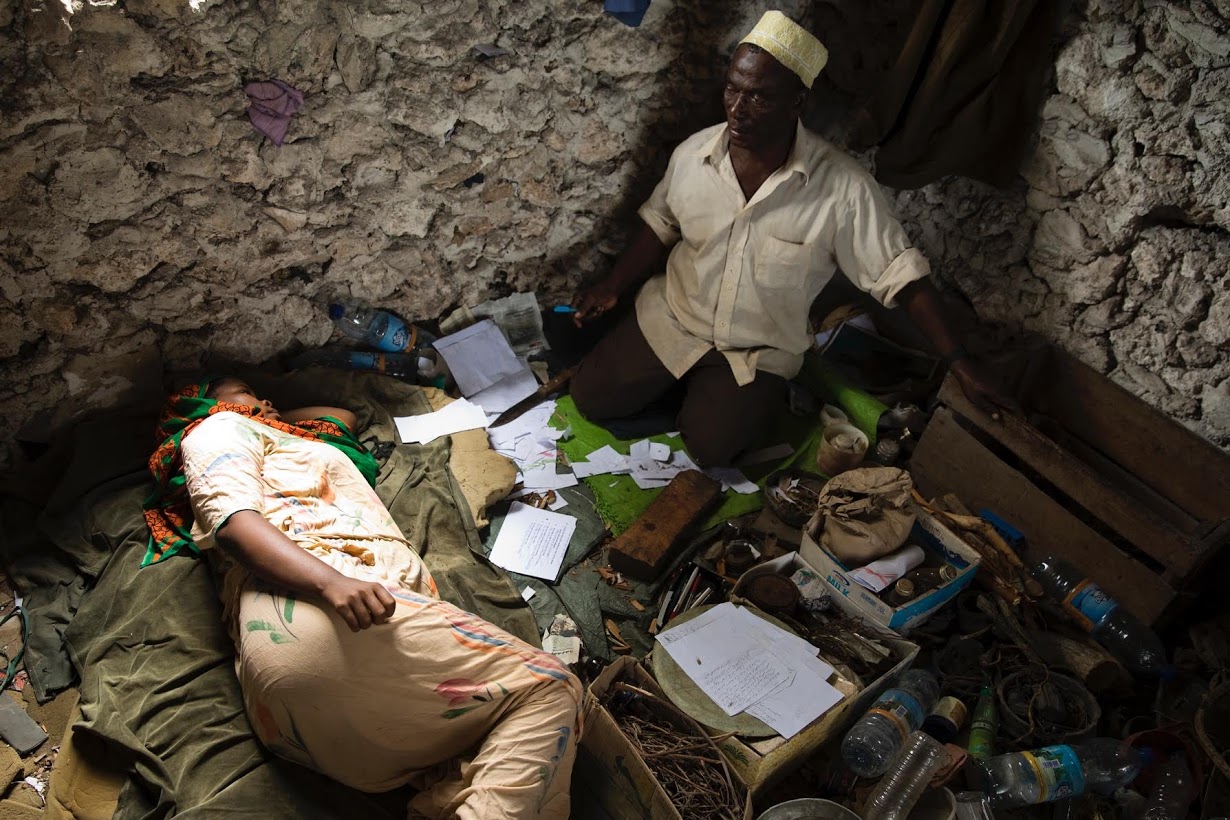
Presently, Zanzibar's traditional healers with their toolkits of herbs, holy scriptures and massages are being registered by authorities keen to regulate the practitioners who treat everything from depression to hernias.
According to Hassan Combo, the government registrar at the council that records them, There are an estimated 2,000 more healers, or mgangas, hoping to register.
To be registered, mgangas must be aged at least 18, have at least three years of experience and have a recommendation letter from a trained mganga. A council of 11 members that can include birth attendants, respected healers, village elders and lawyers approve the applications each month.
While the government does not try to dictate healers' methods, it tries to work with them on quality control, government registrar Combo said, for example ensuring plants used in medicines are of the same standard.
Combo added that a group facilitated by the registrars office links doctors with traditional healers to give them some medical education on specific diseases like hypertension, diabetes and pregnancy. The mgangas share information with the doctors about patient statistics and needs.
Some healers use herbs. Others use scriptures from the Muslim holy book, the Koran. Most use both. Belief in supernatural sprits like djinns features strongly.
Some healers, like Haji Mrisho, mainly give blessings to pregnant women to prevent their unborn babies being possessed by djinns. Others, like sheikhs at the Shifaa Herbal clinic, read the Koran to cast out the djinns blamed for many maladies.
Mwanahija Mzee uses a mix of massages, medicines from roots, herbs and leaves and Koranic verses, which may be written on a plate in red food colouring. The plate is then rinsed, and the water ingested as part of the medicinal regimen.
Some patients like Fatma Hamad say they trust traditional healers over the overcrowded, underfunded public hospitals where many feel their ailments are not treated properly.
Fatawi Haji Hafidh, manager at Makunduchi Hospital, the second-largest government-run hospital on Zanzibar's main island, says overstretched doctors and nurses may not have the time to see patients or the diagnostic equipment.

